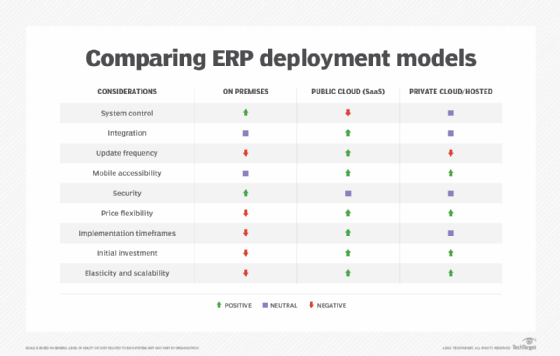
Cloud-Driven ERP Implementation Excellence
In the fast-paced world of business, organizations are continually seeking ways to enhance efficiency, streamline processes, and stay ahead of the competition. Cloud-based Enterprise Resource Planning (ERP) systems have emerged as a transformative solution, revolutionizing the way companies manage their operations and resources. Let’s delve into the key aspects of implementing Cloud-Based ERP systems for maximum effectiveness.
Understanding the Shift to Cloud-Based ERP Systems
The traditional on-premise ERP systems have limitations that hinder agility and scalability. Cloud-based ERP solutions offer a paradigm shift by providing accessibility from anywhere with an internet connection. This flexibility ensures real-time collaboration, enabling organizations to adapt swiftly to market changes. The implementation of cloud-based ERP systems aligns with the modern demand for scalability and accessibility.
Key Benefits of Cloud-Driven ERP Implementation
- Scalability and Flexibility
Cloud-based ERP systems allow organizations to scale resources based on their current needs. Whether a company is expanding its operations or experiencing a temporary surge in demand, the flexibility of cloud-based solutions ensures seamless scalability without the need for significant infrastructure investments. - Cost-Efficiency
Traditional ERP systems often involve substantial upfront costs for hardware, software, and maintenance. Cloud-based ERP implementation shifts this model to a subscription-based system, eliminating the need for large capital expenditures. This cost-efficiency is particularly beneficial for small and medium-sized enterprises (SMEs) looking to adopt advanced ERP capabilities. - Enhanced Collaboration and Accessibility
The cloud facilitates real-time collaboration among teams spread across different locations. With access to a centralized database, employees can work collaboratively, ensuring that everyone is on the same page. Additionally, the accessibility of cloud-based ERP systems enables remote work, a crucial aspect in today’s dynamic business environment.
Overcoming Implementation Challenges
While the benefits of cloud-driven ERP implementation are evident, challenges may arise during the transition. It’s essential to address these challenges to ensure a smooth and successful implementation process.
- Data Migration
Migrating data from legacy systems to the cloud requires meticulous planning to avoid data loss or corruption. Thoroughly assess data structures, clean up redundant information, and execute a well-defined migration strategy to minimize disruptions. - User Training and Adoption
Transitioning to a new ERP system demands comprehensive user training. Resistance to change is natural, so organizations should invest in training programs to help employees adapt to the new system efficiently. - Security Concerns
As with any cloud-based solution, security is a top priority. Implement robust security measures, including encryption, access controls, and regular audits, to safeguard sensitive data and mitigate potential security risks.
The Future of Cloud-Based ERP Systems Implementation
As technology continues to evolve, the future of Cloud-Based ERP systems promises even greater innovation. The integration of artificial intelligence (AI) and machine learning (ML) into ERP systems will enhance predictive analytics, automate routine tasks, and provide actionable insights for strategic decision-making.
To stay ahead in this dynamic landscape, businesses must embrace the transformative power of cloud-driven ERP implementation. By doing so, they position themselves for increased efficiency, improved collaboration, and a competitive edge in their respective industries.
For more information on Cloud-Based ERP Systems Implementation, visit paydayukloan.com. Explore how embracing cloud technology can propel your organization towards a more agile and efficient future.
